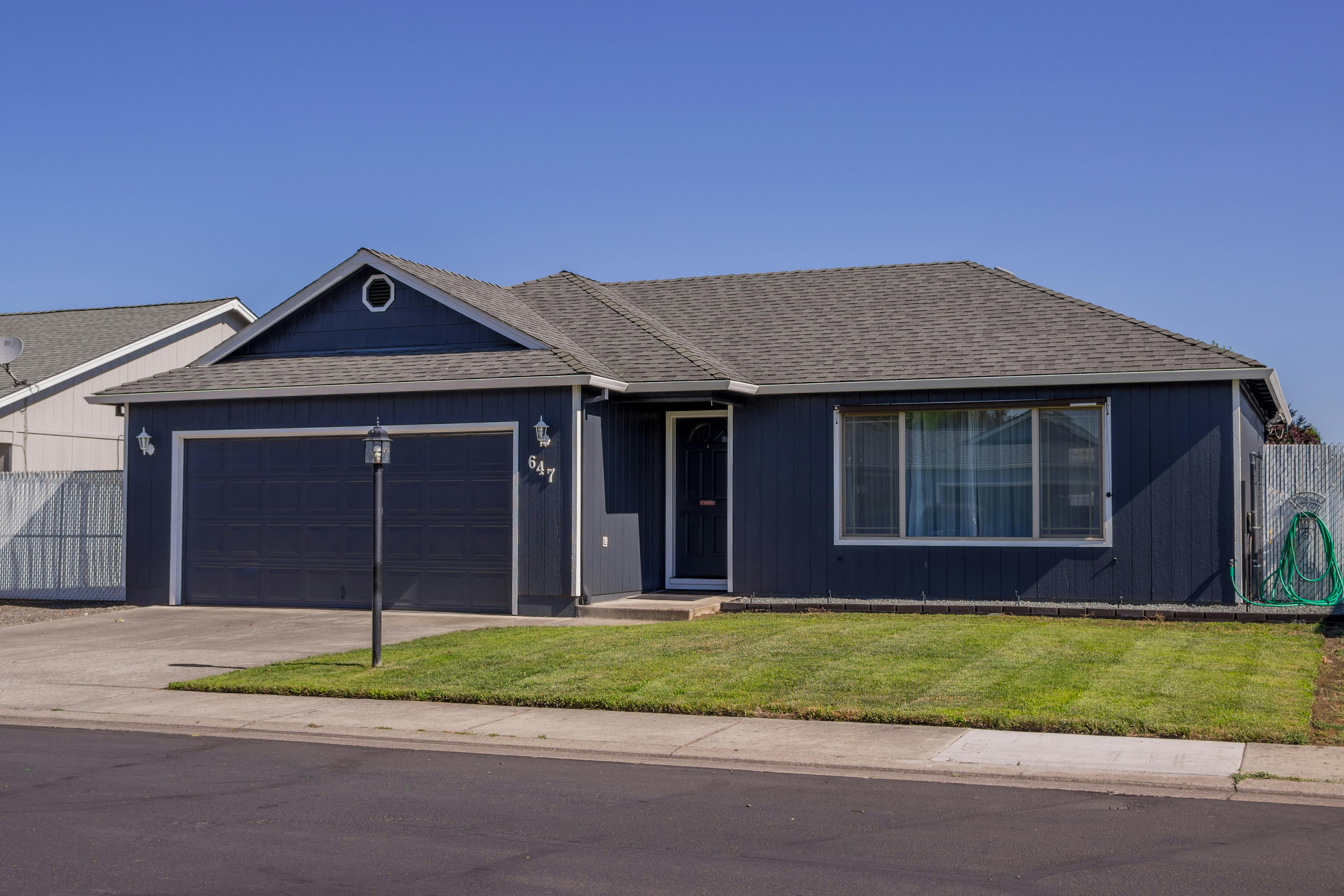
Foreclosure Real Estate Purchase Agreement – What to Expect
admin
- 0
A foreclosed home is one where the homeowner was unable to pay their mortgage loan, so the lender took over ownership of the home through the foreclosure process. These bank-owned properties are also known as REO (real estate ownership).
The process in Arizona is similar to other states and will be the basis of this article. When you work with a real estate agent, they will draft your purchase offer with you in a standardized contract that was developed by the Arizona Association of Realtors. The contract allows the agent to customize the contract for your particular purchase and has many built-in protections for both the buyer and the seller.
When you bid on a repossessed property, you can expect to receive an addendum to the contract from the seller (the bank that currently owns the property). These addendums are essentially a counteroffer that the buyer must accept if they want to purchase the property. In some cases, the seller will negotiate these terms with the buyer, but most sellers expect the buyer to agree to their terms. We have seen a wide variety of addenda in the last year as we work with buyers. In all of them, many of the protections for the buyer in the standard contract are eliminated or modified. These are some of the things we are seeing.
inspection period
In the standard contract, the inspection period lasts ten days from the date of signature of the contract by both parties. We’ve seen addendums change that to ten days from verbal acceptance of the contract and even seen a five-day inspection period that must be completed before the buyer signs and accepts addendums.
Title/Trust Company
The seller will generally require the buyer to use the escrow company of their choice. Generally, using this company helps facilitate the timeliness of the transaction because the escrow company is familiar with the seller’s requirements.
AS/IS and Disclosures
When you buy an owner-occupied property, you’ll typically get a Seller’s Disclosure Statement. This will provide information about the property and a history of any repairs made. When you buy a foreclosed property, the seller has not occupied the property and generally will not provide a disclosure statement. In addition, the buyer is generally required to purchase the property in its current “as is” condition and the seller will not make any repairs. If something is missing, like a kitchen appliance or garage door openers, the seller won’t provide it. What you see is what you get. Please read the appendix carefully to understand what the seller will be responsible for if the property is damaged during the escrow period. The escrow period covers the time from when both parties agree to the contract until the sale is recorded (closing of escrow).
Escrow Closing Extension Fee
Most of these addendums have a per day charge if you need to extend the escrow closing beyond the original contract date. The most common reason buyers need to request a closing date extension is that the lender did not complete loan processing and deliver the title loan documents several days before closing to allow time for the seller and the buyer sign. We have seen costs ranging from $40 to $100 per day.
loan approval
The Arizona contract allows for the return of money deposited by the buyer if after a good faith attempt to obtain a loan at prevailing market rates to purchase the property, the buyer is unable to do so. Some riders limit the buyer’s time to get loan approval to a certain number of days from contract acceptance, for example, 25 days. If the buyer does not notify the seller of his inability to obtain a loan within that time, he will forfeit his security deposit to the seller. This is true even if the inability to obtain the loan had nothing to do with the buyer’s financial qualifications. We have seen loans rejected in recent months for condo purchases because the community had too low a percentage of owner-occupied units or the HOA was not financially sound or in some cases both.
Tenants or other occupants
Most of these properties will be vacant; however, if you see evidence that someone lives in the property when you are viewing it and before you write an offer, you should ask questions. Who lives in the property? If the property has been rented, what are the terms of the lease? We have seen an addendum stating that the seller will not evict any occupants of the property and that it will be the responsibility of the buyer once he has purchased the property. You should also keep in mind that tenants have rights too. Be very careful when writing an offer for a foreclosed property that is occupied.
What should the buyer do?
It is very important that the buyer read the entire addendum provided by the seller before signing. If you have questions about the addendum, you should see your real estate agent for clarification. You should also verify that your real estate agent has read the entire appendix and noted key dates.

